Family Homelessness INNformation Series: Trauma Informed Care
Interview with Amanda St. Laurent
Episode 3 of the Family Homelessness INNformation Series is focused on trauma-informed care. Watch our interview where Kara Layher interviews Amanda St. Laurent, Director of Programs at the Inn. We discuss the adoption of trauma-informed practice in the work we do and the importance of this practice in ending family homelessness. Stay tuned for our informative blog post coming out soon!
The population we serve is unique with both adults and children receiving health and psychological care. We also provide child development and parental supports, a safe shelter and skills for families to achieve independence and rejoin the mainstream community. We have the opportunity to providing caring and healthy relationships in the lives of those who have experienced trauma. By changing our practices to think more trauma-informed we can encourage healthy healing to those who are in need of our services.
While we explore this topic we will be talking with Alpha House and CUPS on their trauma-informed practices.
Resources:
https://www.cbsnews.com/news/oprah-winfrey-treating-childhood-trauma/
http://www.traumainformedcareproject.org/
https://www.cdc.gov/violenceprevention/acestudy/about.html
http://www.ajpmonline.org/article/S0749-3797(98)00017-8/abstract
http://homelesshub.ca/solutions/training/trauma-informed-care
http://homelesshub.ca/resource/trauma-informed-practice-guide
In case you missed it:
Last week’s topic was focused on the differences between family homelessness and single adult homelessness. You can watch Episode 1 HERE, or read our blog summary HERE. You can watch episode 2 HERE, read our blog summary HERE, and read an interview with our data analyst Anthony Eagle HERE.
Over the next few weeks we will be releasing weekly episodes where we sit down with experts in homelessness to discuss issues pertaining to family homelessness.
The episodes are:
Episode 1: Differences between Family & Adult Single Homelessness;
Episode 2: Data and Research;
Episode 3: Trauma-Informed Care;
Episode 4: Economic Barriers and Solutions;
Episode 5: Social Inclusion and the Case for Adequate;
Episode 6: Affordable Family Housing.



















